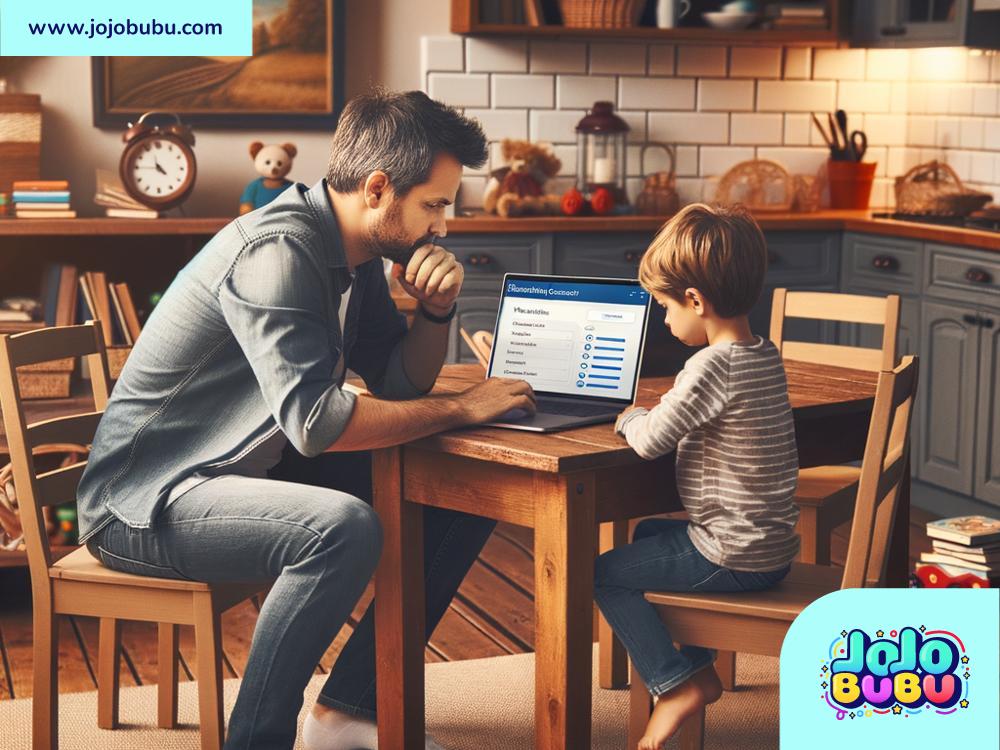Title: Staying Safe Online: Simple Tips for Internet and Tech Safety
The internet has become an important part of our everyday lives, helping us stay connected, work, learn, shop, and entertain ourselves. However, just like we lock our doors at home to stay safe, we need to take steps to protect ourselves when using technology. In this blog, we’ll discuss simple ways to stay safe online and use technology responsibly.
What Is Internet Safety, and Why Does It Matter?
Internet safety is about protecting yourself, your devices, and your personal information while using the web. Many wonderful things exist online, but there are dangers too, such as scammers, cyberbullying, and viruses. By practicing good tech habits, you can avoid unnecessary risks and enjoy a smoother, safer online experience.
Think of the internet like a crowded city—you wouldn’t share personal details with strangers or enter unsafe places. Similarly, when you’re online, it’s wise to stay cautious and protect your digital life.
Simple Tips for Internet Safety
Here are some easy-to-follow tips to keep yourself safe while browsing the internet:
1. Create Strong Passwords
Passwords are like keys—they lock your accounts so only you can access them. Don’t use simple passwords like “123456” or your name. Instead, create strong passwords that mix uppercase letters, lowercase letters, numbers, and special symbols. For example, “Sunshine!42$” is much stronger than “sunshine123.”
Also, avoid using the same password for multiple accounts. If one password gets hacked, a thief could access all your accounts.
2. Think Before You Click
Have you ever received an email or message with a suspicious link? Hackers often send links that look safe but actually lead to dangerous websites. Before clicking, ask yourself: Do I trust the sender? Does the message seem odd or too good to be true (like winning a prize)? If you’re unsure, it’s better not to click.
3. Be Cautious About Sharing Personal Information
When signing up for websites, apps, or social media platforms, be careful about how much personal information you share. For example, many sites ask for your full name, phone number, or even your address. Ask if the request feels necessary—if not, don’t share. Keep sensitive information, like your passwords, bank details, and phone numbers, private.
4. Use Privacy Settings
Most social media platforms and websites have privacy settings that let you control who can see your posts and personal information. Always review your privacy settings and choose options that keep your information visible only to trusted people.
5. Watch Out for Scammers
Online scams are designed to trick people into handing over money or personal information. For example, some scammers pretend to be from your bank or claim you’ve won a prize. If someone contacts you unexpectedly and asks for sensitive information, always be skeptical. Double-check their identity by contacting the company directly.
6. Keep Your Devices Secure
Just like you protect yourself online, it’s important to protect your devices too. Install antivirus software to guard against harmful files and viruses. Keep your devices updated to fix security problems. And never connect to public Wi-Fi (like in cafes or airports) without using a Virtual Private Network (VPN), as public networks can be unsafe.
Safe Social Media Use
Many of us spend time on social media, sharing photos, connecting with friends, or discovering new content. While social media can be a great place, it’s also where people can encounter problems like cyberbullying or fake accounts. Here’s how you can stay safe:
- Be Selective About Friends: Only add people you know or trust as friends or followers. Don’t connect with strangers.
- Think Before You Post: Once you share something online, it’s hard to take it back. Be careful about posting things like your location or anything too personal.
- Report and Block Abuse: If someone is bothering or bullying you online, block them and report the behavior to the platform. You don’t have to put up with harassment.
Protecting Children Online
If you’re a parent, ensuring your children stay safe online is very important. Kids are curious and may not recognize dangers when browsing or playing games. Here are some tips for protecting them:
-
Talk Openly About Internet Safety: Teach children about the risks of sharing personal information, talking to strangers online, and clicking unknown links.
-
Set Parental Controls: Use the built-in features on devices to restrict inappropriate content and limit screen time.
-
Monitor Their Activity: Keep an eye on what your kids are doing online. Ask them about the apps and games they use, and make sure they’re age-appropriate.
What to Do If Something Goes Wrong
Even if you take precautions, problems can still happen. If you accidentally click a bad link or notice suspicious activity on your accounts, act quickly:
- Change your passwords immediately.
- Run a virus scan using your antivirus software.
- Contact relevant support or authorities if needed (like your bank if your financial information was stolen).
Most importantly, don’t panic! Acting swiftly can often prevent further damage.
Final Thoughts
Staying safe online doesn’t have to be complicated. By using strong passwords, thinking before clicking, and protecting your personal information, you can reduce risks. Whether you’re working, browsing, or connecting with friends, practicing internet safety makes your digital life more secure and stress-free.
Technology is a powerful tool, but safety matters just as much as convenience. So, stay smart, stay cautious, and enjoy the amazing world of the internet responsibly!
We hope these tips help you feel confident about protecting yourself online—share them with others to keep everyone safe!

